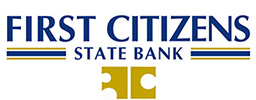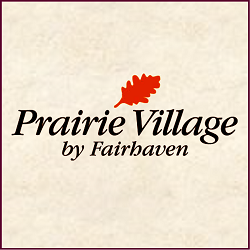By Al Stanek
Whitewater Banner volunteer staff
whitewaterbanner@gmail.com
February 3, 2021
The Whitewater Common Council has scheduled a Public Information opportunity at its next meeting to explain several proposed Tax Incremental Financing (TIF) changes. The opportunity will be on a Thursday (February 18) as opposed to the Council’s normal Tuesday night schedule because of a Tuesday primary election later this month.
TIF financing utilizes the creation of Tax Incremental Finance Districts (TIDs) to facilitate and help fund development that will ultimately benefit the City, the Whitewater Unified School District, Walworth and/or Jefferson Counties, and the regional technical colleges. The tax revenue on development projects in a TID go exclusively to enable development in the district until the projects are completed and the additional tax revenues generated by the completed projects are then shared with the City and the other three units of government.
At the creation of a TID generally the City will take advantage of low interest municipal bonds to provide seed money to jump-start development. When a TID’s projects no longer need public support, the City can use accumulated TID funds to pay off the bonds. Any remaining balance is returned equitably to all four units of government.
The Common Council at its February 2 meeting voted to “call” or “exercise the option” to pay off the outstanding balance of the original bonding that jump-started the development in the general area of the Industrial Park known as TID #4. Doing so is estimated to save more than $60,000 per year in interest costs and will remove that debt load from the city’s total which could result in lower interest rates for future borrowing.
These actions lay the groundwork for a City plan to finish closing out its remaining TIDs, extend existing TID #4 funding for one year as allowed by the WI Department of Revenue (DOR), and ultimately to allow access to TIF financing as a future development tool. DOR regulations prohibit communities from having more than 12% of their assessed value in TIDs. With TID #4 remaining active the Whitewater community does reportedly exceed that percentage.
The issue of “extending” TIF #4 does apparently come with some opportunity for controversy. In a proactive approach to that possibility, City Manager Cameron Clapper provided an outline of public and other taxing unit input sessions beginning with the February 18 Public Information opportunity. The seven-step process takes place over a four-month period involving the Whitewater Community Development Authority (CDA), the Common Council and the TID Joint Review Board (JRB). The JRB includes representatives from all four units of government impacted by TIF actions.
The DOR webpage provides a matrix containing only three scenarios for when a TID can be “extended” for one year. They include a “Standard” scenario which would allow additional time to pay off incurred debt, a scenario unique to TIDs created for “technical college” projects, and an “Affordable Housing” option. It appears that only the last option would be applicable in this case. A community must adopt a Resolution that will “… specify how the municipality will improve housing stock.” “Affordable Housing” can be distinctly different than “Low Income Housing” and a City’s plan can include housing rehabilitation efforts.






















